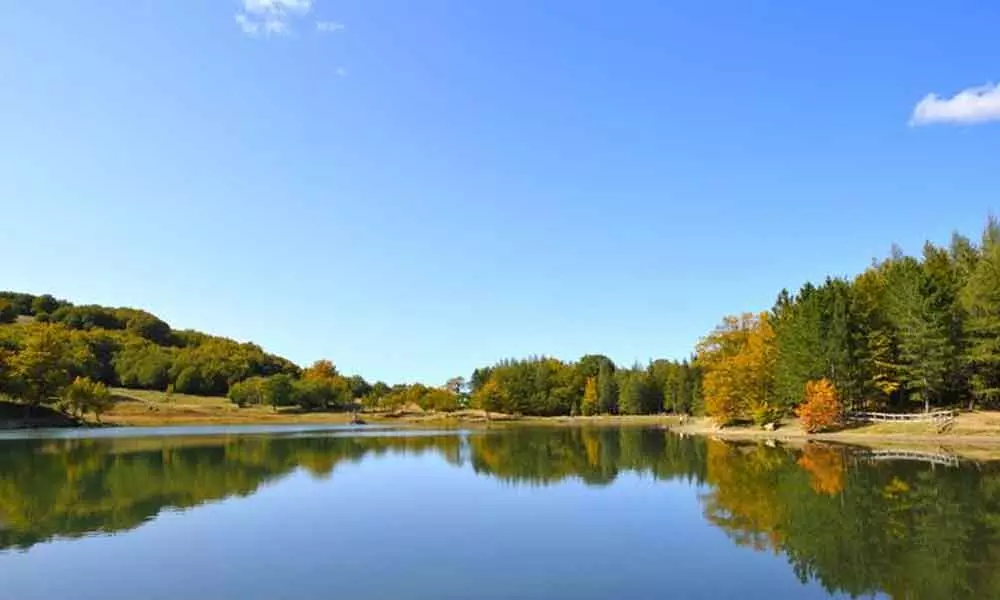Novel system to forecast warming of lakes globally

Scientists have developed a new system to better predict future warming of the world's lakes due to climate change, and the potential threat to cold-water species such as salmon and trout.
The researchers from the UK Centre for Ecology & Hydrology (UKCEH) predict that by the year 2100, for the most extreme climate change scenario, average lake temperature will be around 4 degrees Celsius warmer.
The study, published in the journal Nature Communications, also predicts that 66 per cent of lakes globally will be classified in a warmer thermal region than they are now.
The researchers devised the first system that classifies lakes globally, placing each of them in one of nine 'thermal regions'. Lakes are grouped depending on their seasonal patterns of surface water temperatures, the researchers said.
The coldest thermal region includes lakes in Alaska, Canada, northern Russia and China, and the warmest covers lakes in equatorial South America, Africa, India and south-east Asia, they said.
"Thanks to cutting-edge analysis using satellite images of more than 700 lakes, taken twice a month over 16 years, we produced the first global lake temperature classification scheme," said lead author of the study Stephen Maberly, a professor at UKCEH.
"By combining this with a lake model and climate change scenarios we were able to identify that northern lakes, such as those in the UK, will be particularly sensitive to climate change," Maberly said.
The researchers noted that even relatively small changes in temperature can have a significant negative impact on aquatic wildlife, affecting the speed at which organisms grow and feed, and when they reproduce.
As species do not react in the same way, prey and predators have increasingly different breeding and feeding cycles, reducing the amount of potential food available, they said.
The scientists explained that warming also increases the risk of harmful algal blooms, which can have a negative impact on aquatic plants and fish.











